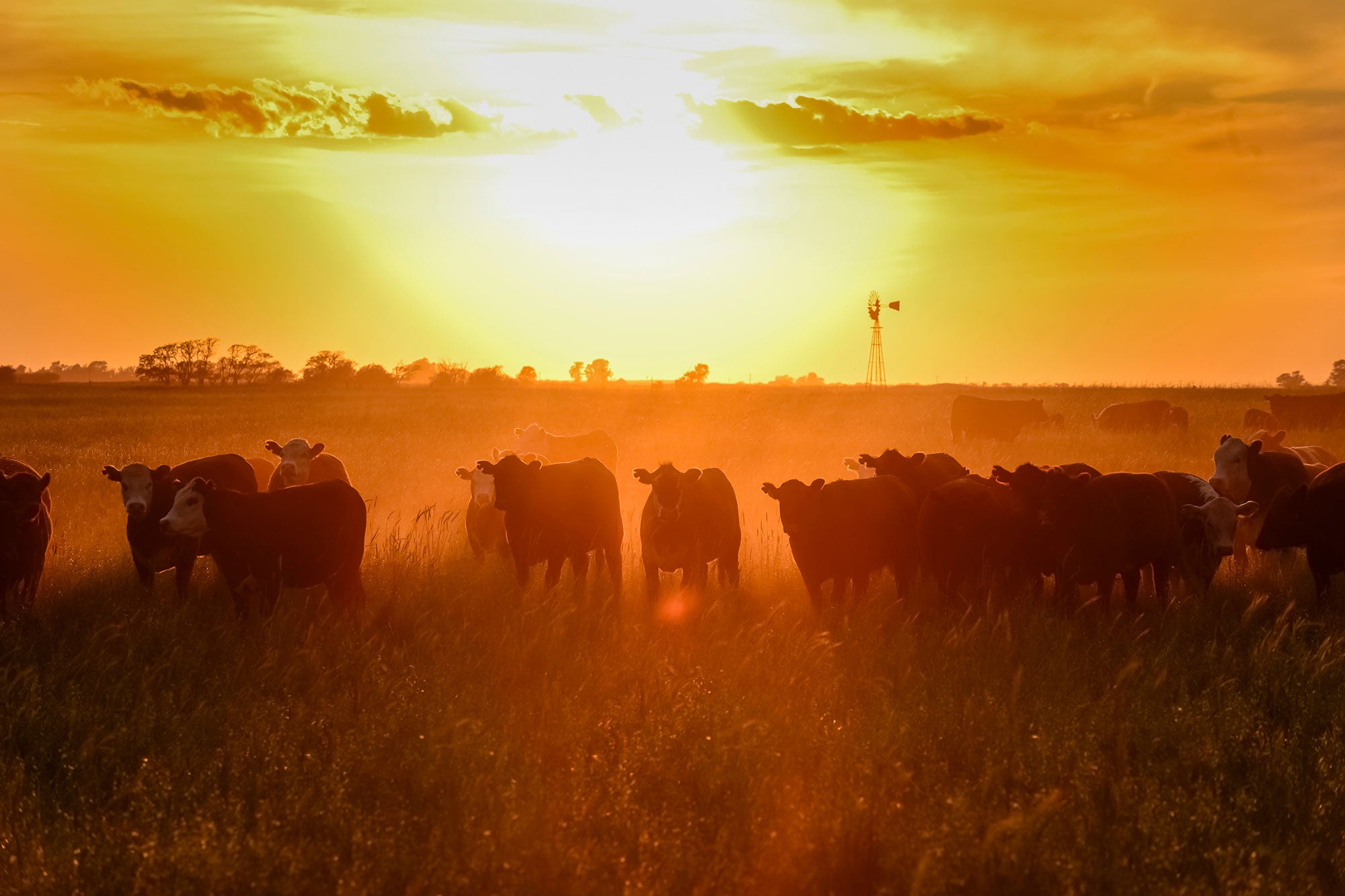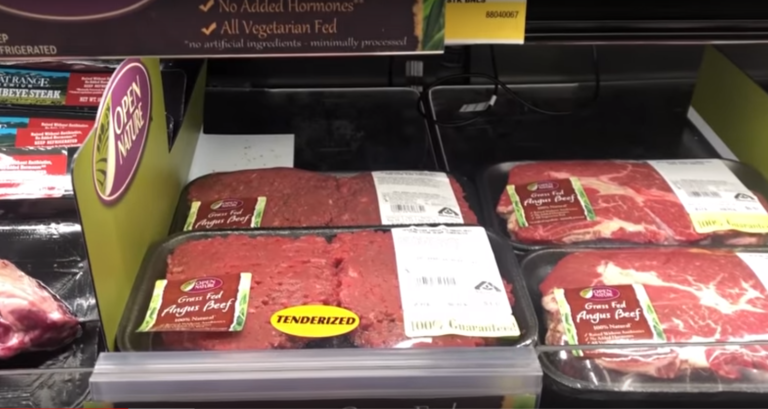Friday morning, U.S. Sen. Mike Rounds sent a letter to Secretary of Agriculture Brooke Rollins asking her to develop a framework for reinstating Mandatory Country of Origin Labeling for beef.
The South Dakota Republican said that a majority of American consumers support requiring country of origin labeling for fresh meat, but the road to where we are today has been rocky.
Retail-level MCOOL for fresh fruits, vegetables, beef, pork, lamb, and seafood passed as part of the 2002 Farm Bill and was implemented fully in 2008. After a number of challenges from trade partners and the World Trade Organization, Congress repealed MCOOL requirements for beef and pork.
In his letter, which can be found here, Rounds is asking Rollins to develop an approach to MCOOL that would not face similar challenges from trading partners.
“Our American producers work hard every day to produce the highest quality beef in the world,” Rounds wrote. “They battle the wind, the rain, the snow and the sun. Foreign governments and multinational meatpacking companies should not determine the fate of the American family ranching system.”

MCOOL initiatives crop up periodically among politicians. As recently as February, Rounds was one of six U.S. senators who introduced the American Beef Labeling Act, which sought to bring transparency to the beef industry. That bill would have required the Office of the U.S. Trade Representative to develop a plan to reinstate COOL that aligns with World Trade Organization regulations, however it didn’t gain traction.
Rounds also helped launched an effort in June 2024 to get MCOOL included in the farm bill. This effort was endorsed by 26 farm and ranch groups from across the country. The bipartisan effort was also co-signed by Sens. Cory Booker (D-N.J.), Martin Heinrich (D-N.M.), Angus King (I-Maine), Cynthia Lummis (R-Wyo.) and Jon Tester (D-Mont.).
“Since the repeal of Mandatory Country of Origin Labeling (MCOOL) in 2015, Americans have consumed increasing amounts of foreign beef,” Round added. “Moreover, many Americans are unknowingly buying beef without transparent or reliable country-of-origin information. This practice has not only disadvantaged American producers, but also misled consumers.”
His letter pleaded with Rollins to use her power at the U.S. Department of Agriculture to take a leadership role on behalf of American producers.


:max_bytes(150000):strip_icc()/Sunrise-Grandview-Iowa-Mature-Corn-2fd1fccbf3b145a5b67340051135fc14.jpeg)
:max_bytes(150000):strip_icc()/AlexPaulMitchek-45453aa7f31a43bf82a6794ea2682f4b.jpg)
:max_bytes(150000):strip_icc()/BloombergContributor-2197125766-3217c07cd0984adcb474c357b0e75856.jpg)



:max_bytes(150000):strip_icc()/IMG_5402-2000-b4d3b346719e43ba9762f243e32696a4.jpg)
:max_bytes(150000):strip_icc()/Corn-and-soybeans-August-2025-Indiana-c57b46534cdf48849ebf4366bd69e0fe.jpg)
:max_bytes(150000):strip_icc()/TysonFoodsLogoBlue-1-9a9c4e39ca9240679f0d2021d1ca4c9e.png)